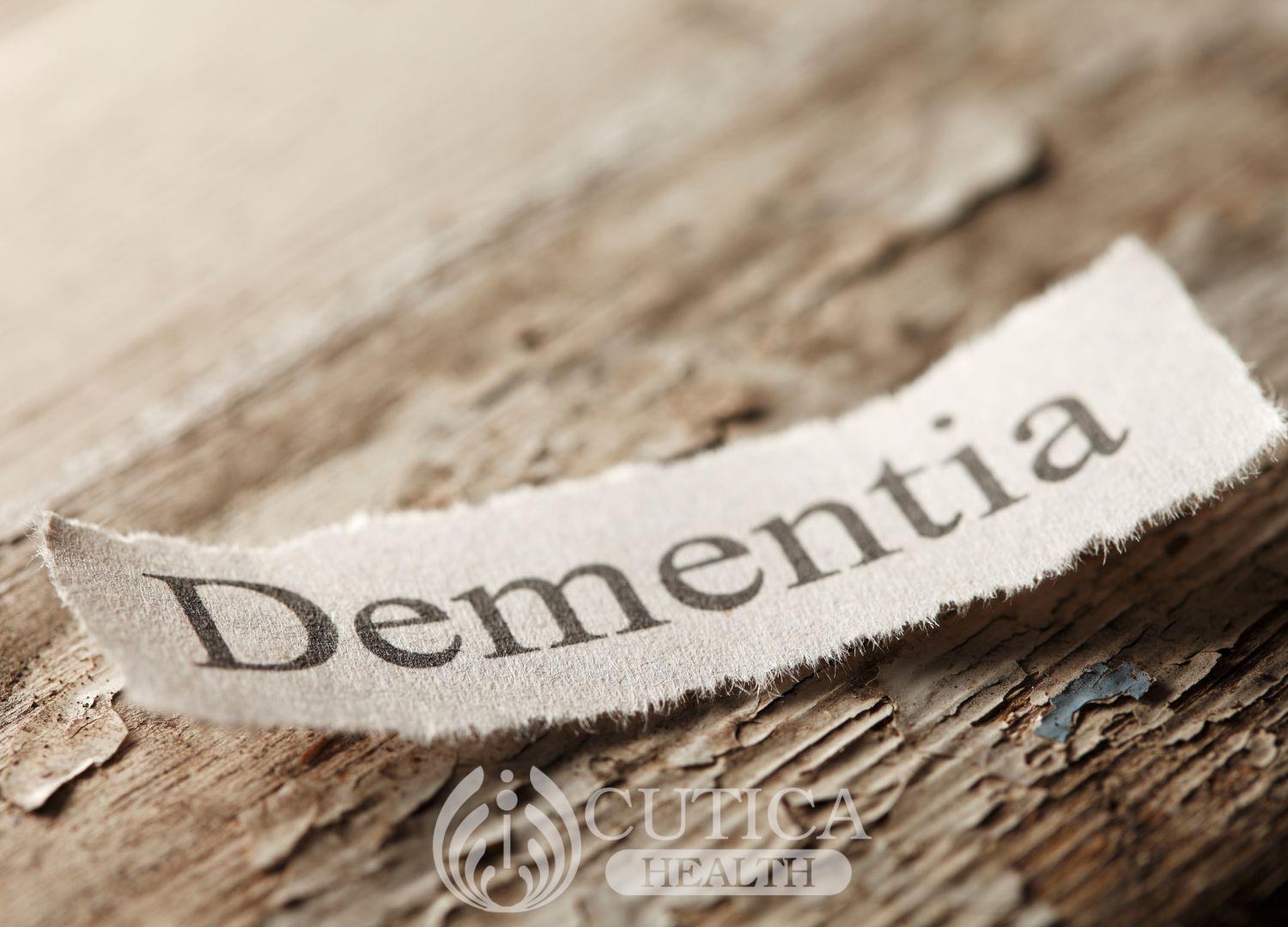
Alzheimer’s is the most common disease associated with memory loss. However, many other possible causes need to be taken into account including vascular dementia. This form of dementia occurs after a major stroke or even mini strokes that the person might not have been aware of. Often, it is the result of years of uncontrolled high blood pressure that the sufferer might not have taken seriously. Vascular dementia is preventable in many cases. Many of the other forms of dementia have genetic or other predisposing factors that a person can do little to nothing about. Untreated vitamin B12 deficiency and longstanding syphilis are some causes of memory loss that can be alleviated by receiving treatment. In general, a lifestyle rich in exercise and healthy nutrition may help preserve a healthy brain as one gets older.

Is It Time To See A Doctor?
While it is not always a cause for concern when memory-related problems occur, it might be time to consider paying your doctor a visit if one of the following is present.
- No obvious factor to explain memory loss
- The memory loss does not improve by itself
- Other symptoms start to develop
- Memory-related issues cause significant interference in a person’s daily life
Even when there is nothing to be especially concerned about, it is better to get a check-up and to have any problems detected at an early stage. The patient should be prepared to answer questions that the doctor is likely to ask such as estimated time when the memory loss showed up, recent changes to the person’s lifestyle, list of medications the person is taking including herbal or self-prescribed ones, family history of memory problems, personal history of hypertension and other conditions, and whether there are other symptoms like shaky hands (tremors), visual problems, walking difficulties, and psychiatric symptoms. Blood tests would likely be needed to rule out some treatable causes of memory loss.
Conclusion

The development of memory problems can sometimes indicate presence of an underlying disease, which could require a diagnosis and appropriate treatment. In other cases, however, this may be a complication caused by prescribed medication or other factors in a person’s life such as poor sleep. There are scenarios where the memory loss can be reversed, but in some cases, existing damage cannot be undone, but further damage and symptoms could potentially be stopped or at least slowed.












